Sainsbury's Talent Management: A Case Study of Challenges & Strategies
VerifiedAdded on 2023/06/15
|13
|507
|377
Case Study
AI Summary
This case study explores the challenges faced in talent management within the marketing sector, using Sainsbury's as a specific example. The analysis interprets data related to performance improvement, competitive advantages, employee retention, motivation, and the effectiveness of monetary and non-monetary methods, training, and performance appraisals. The reflection emphasizes the importance of effective research methodologies and personal experiences in project management. The conclusion highlights Sainsbury's success in gaining competitive edges through talent management techniques and addressing critical challenges. Recommendations include focusing on employee engagement, flexible working arrangements, and continuous training and development. The study references various academic articles to support its findings and recommendations, providing a comprehensive overview of talent management practices in a real-world context. Desklib offers similar resources for students.
1 out of 13

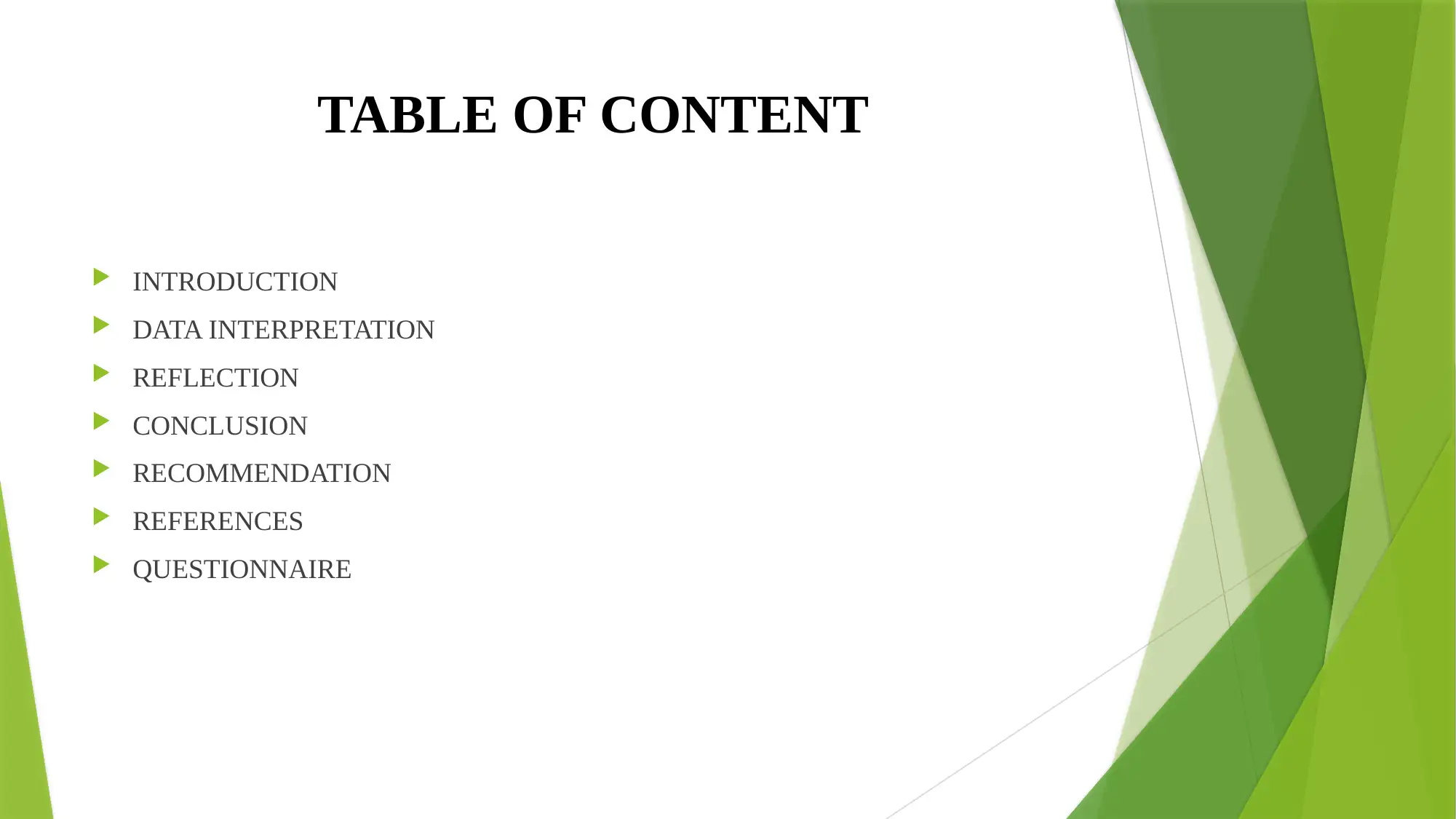
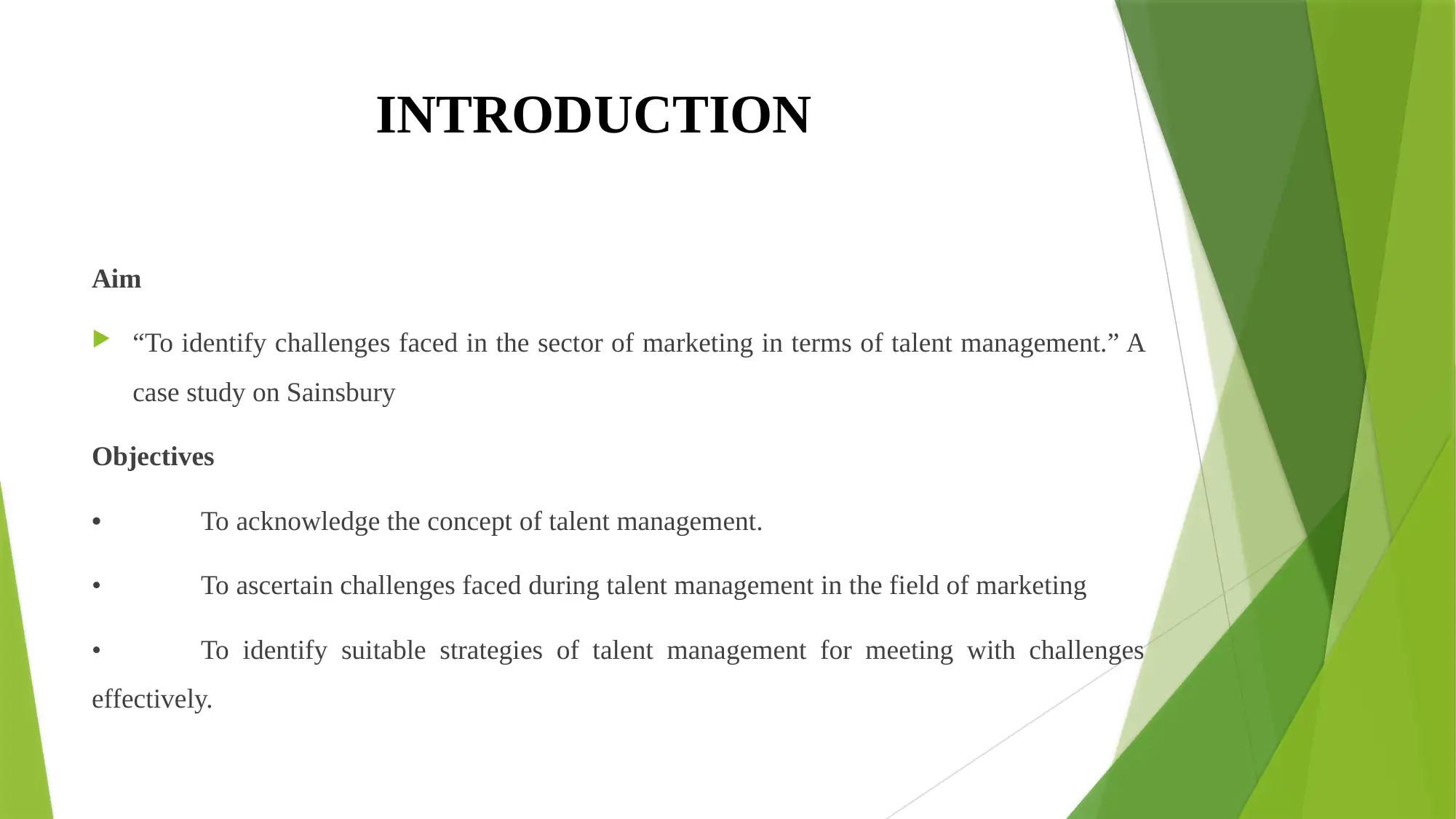

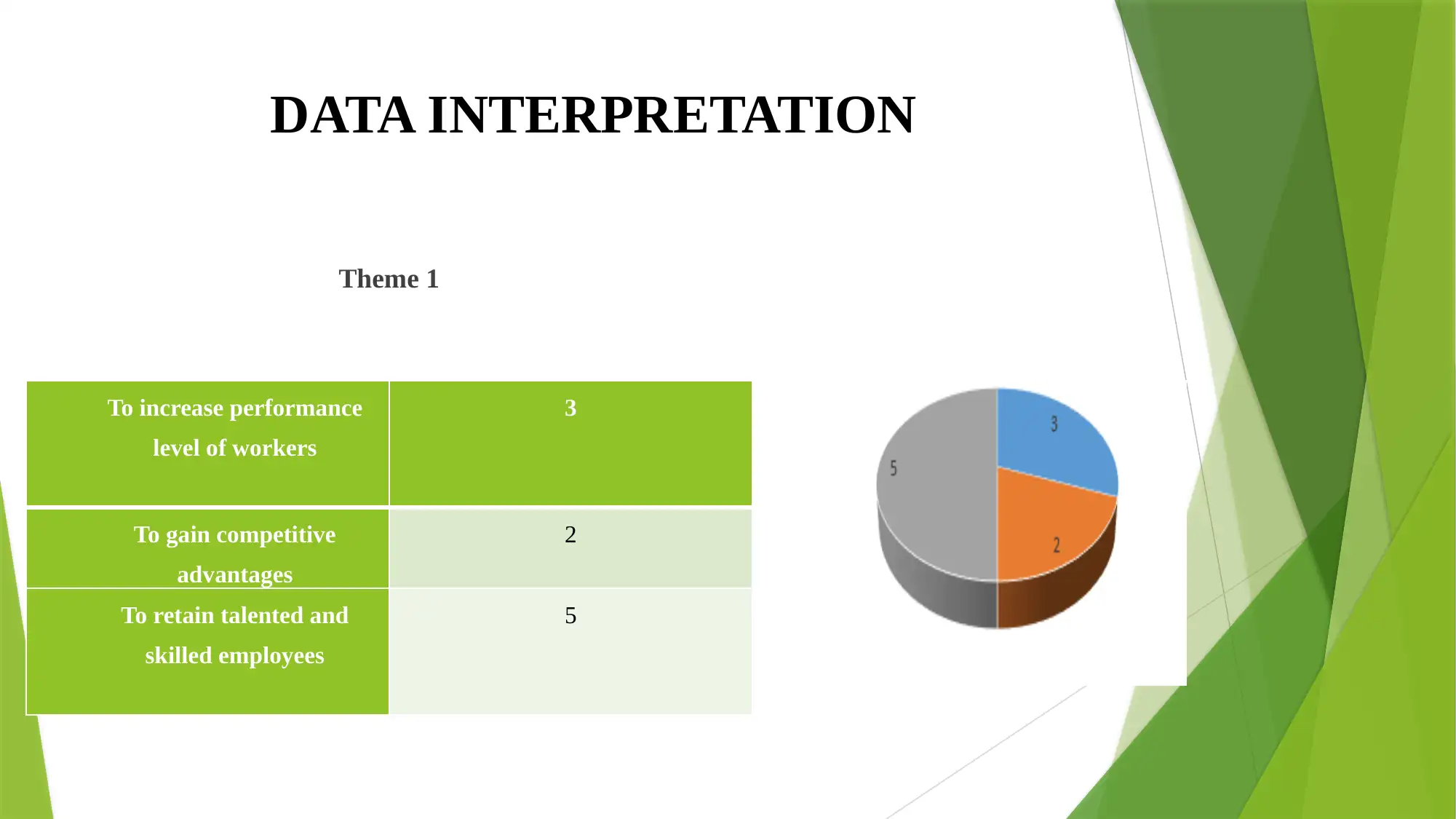
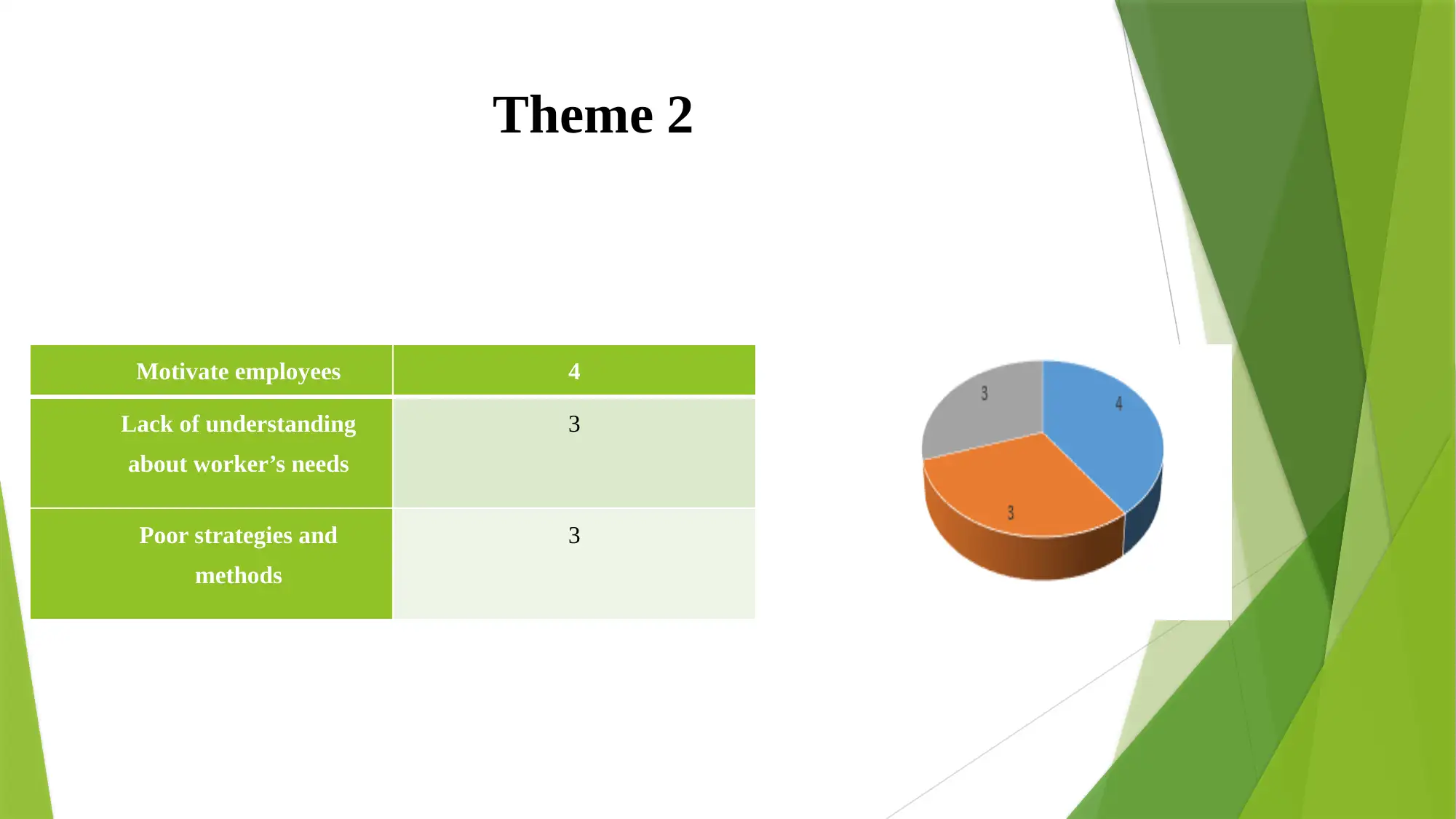
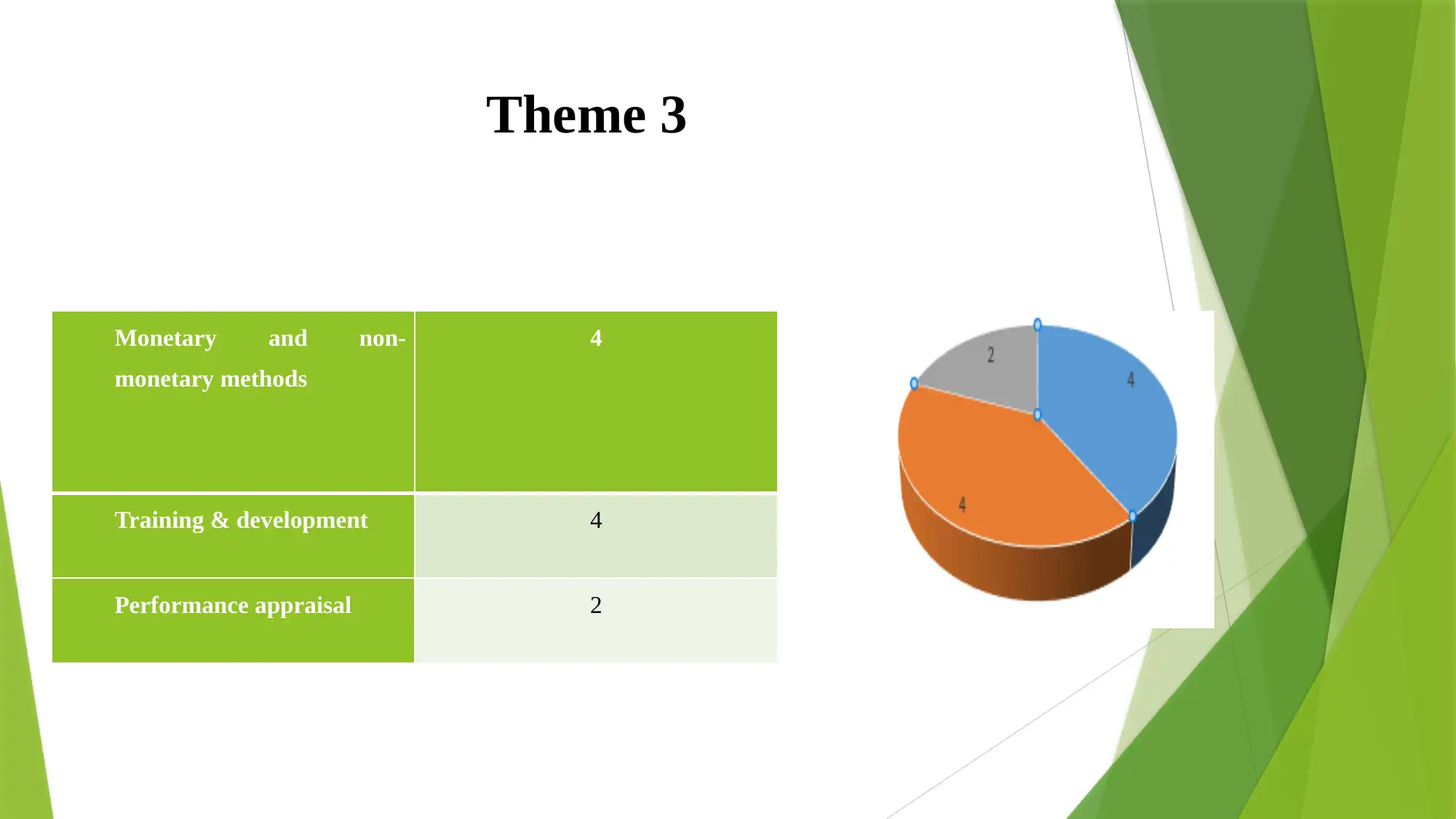


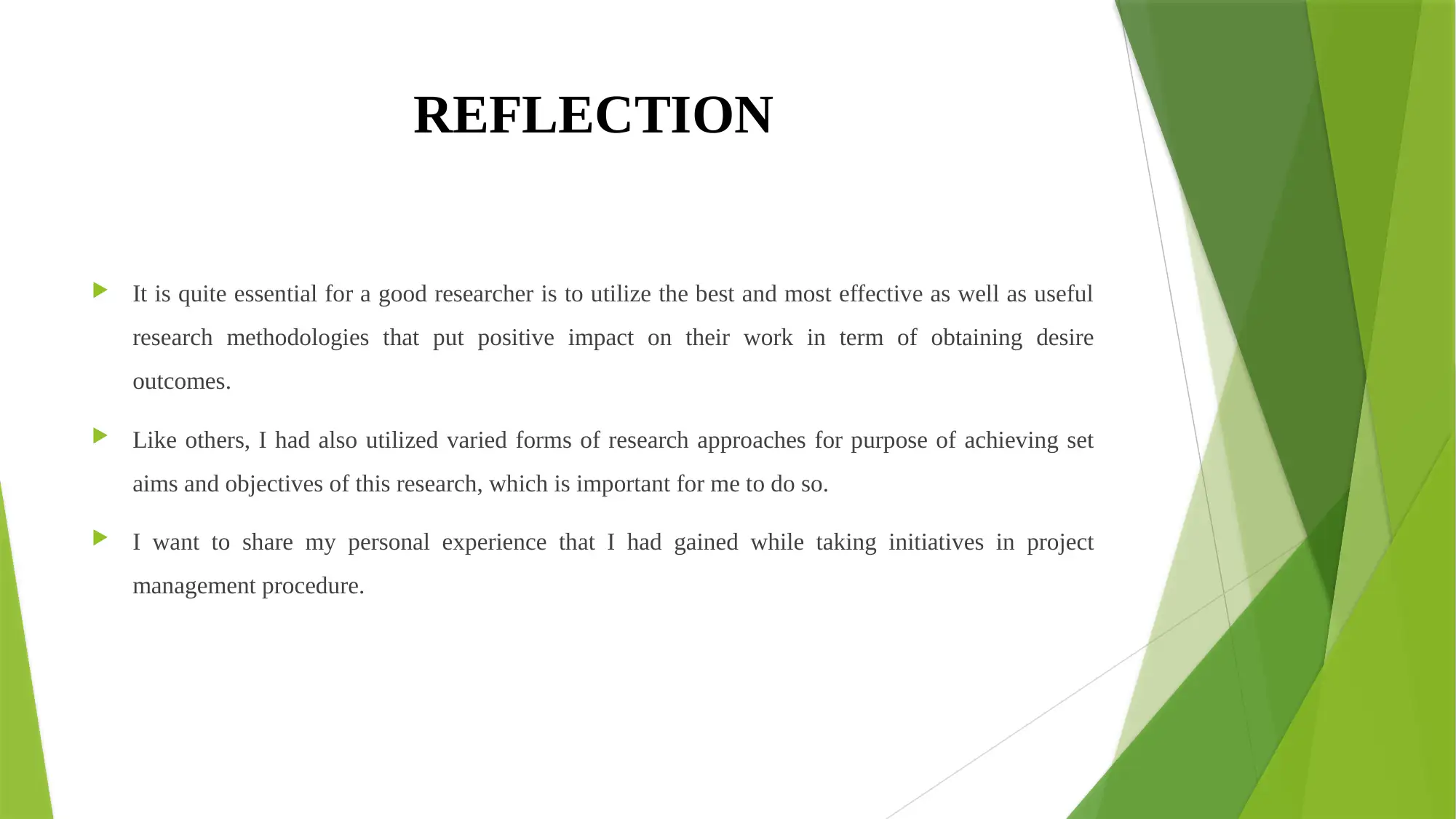
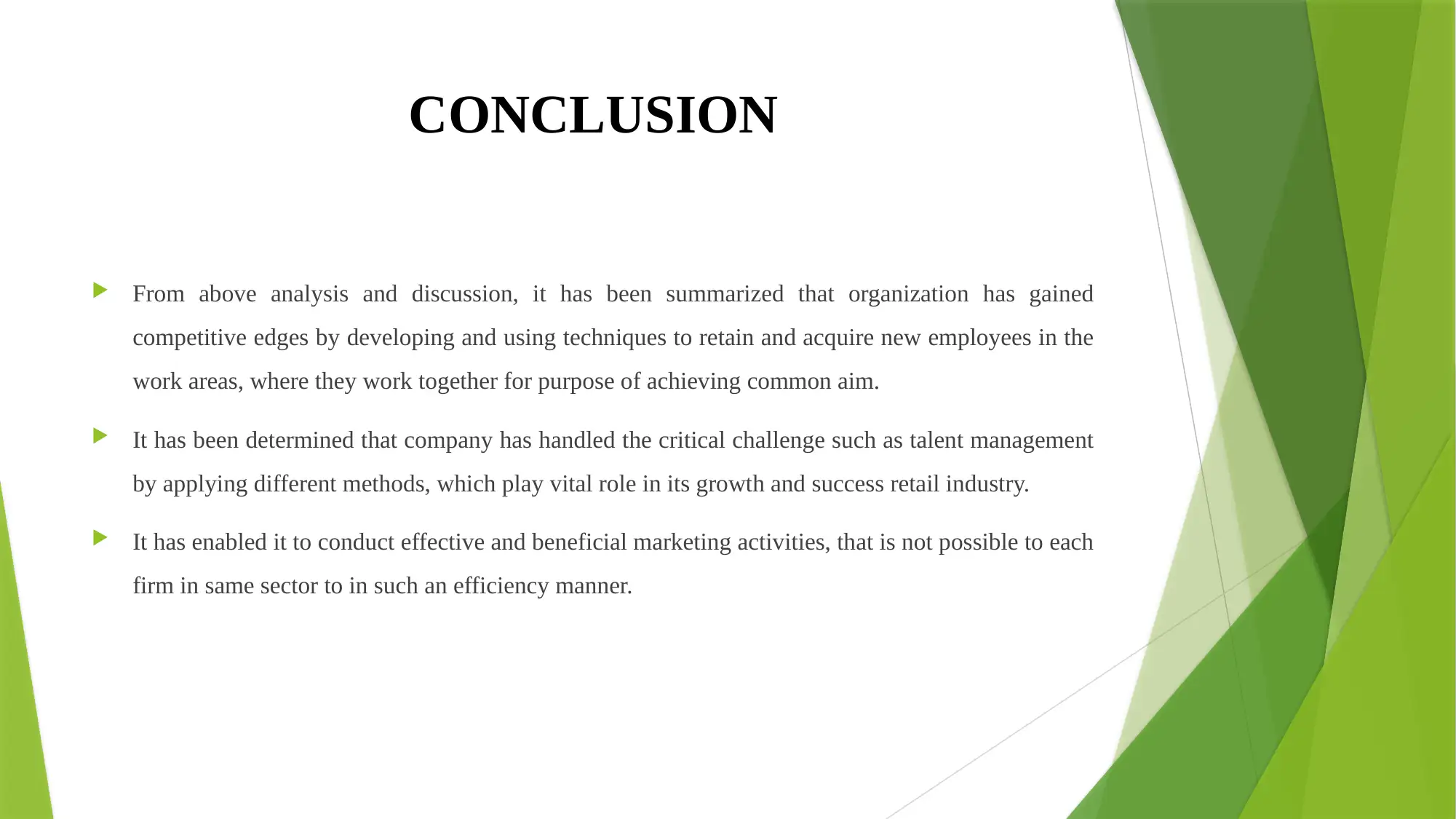
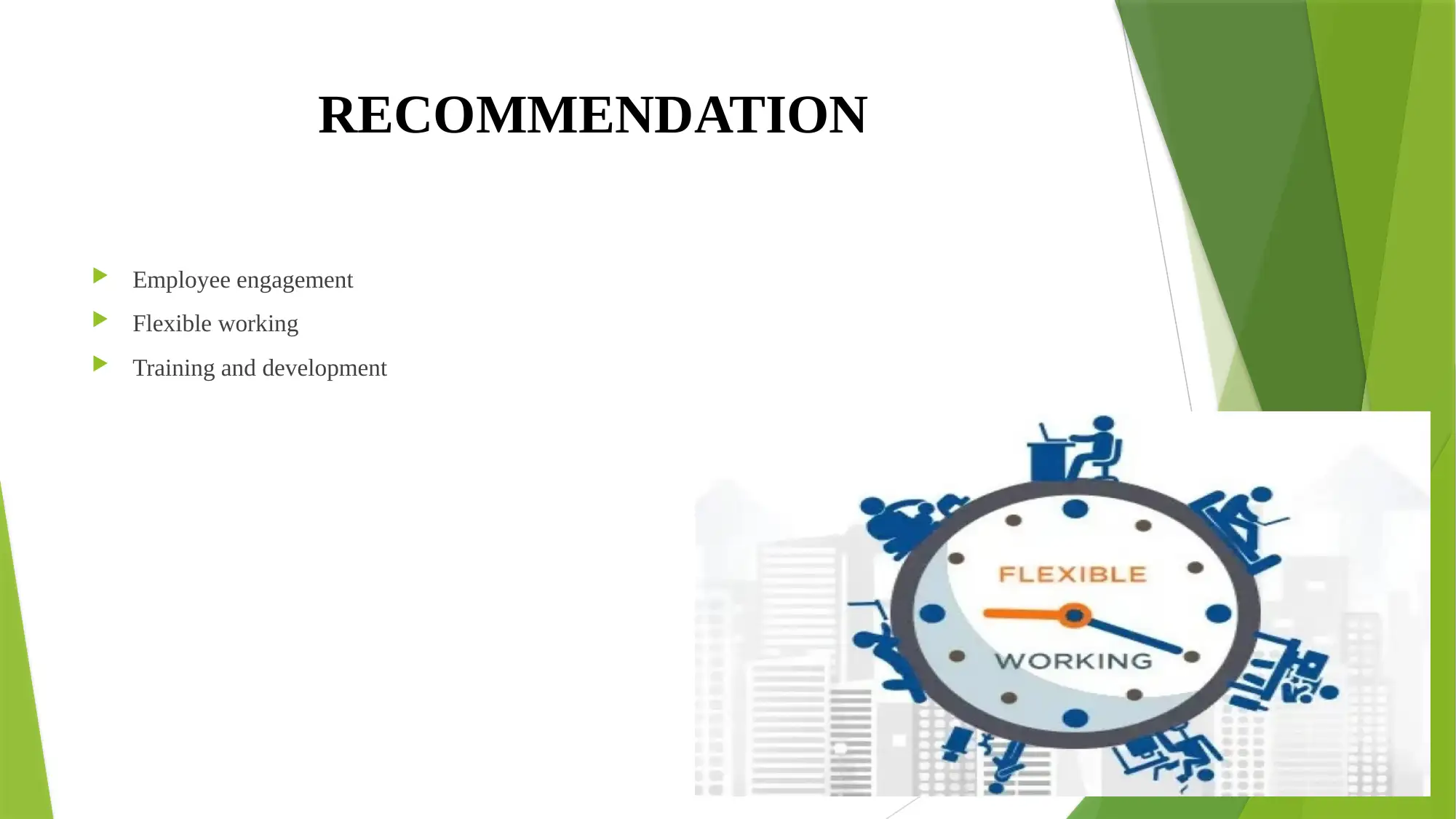
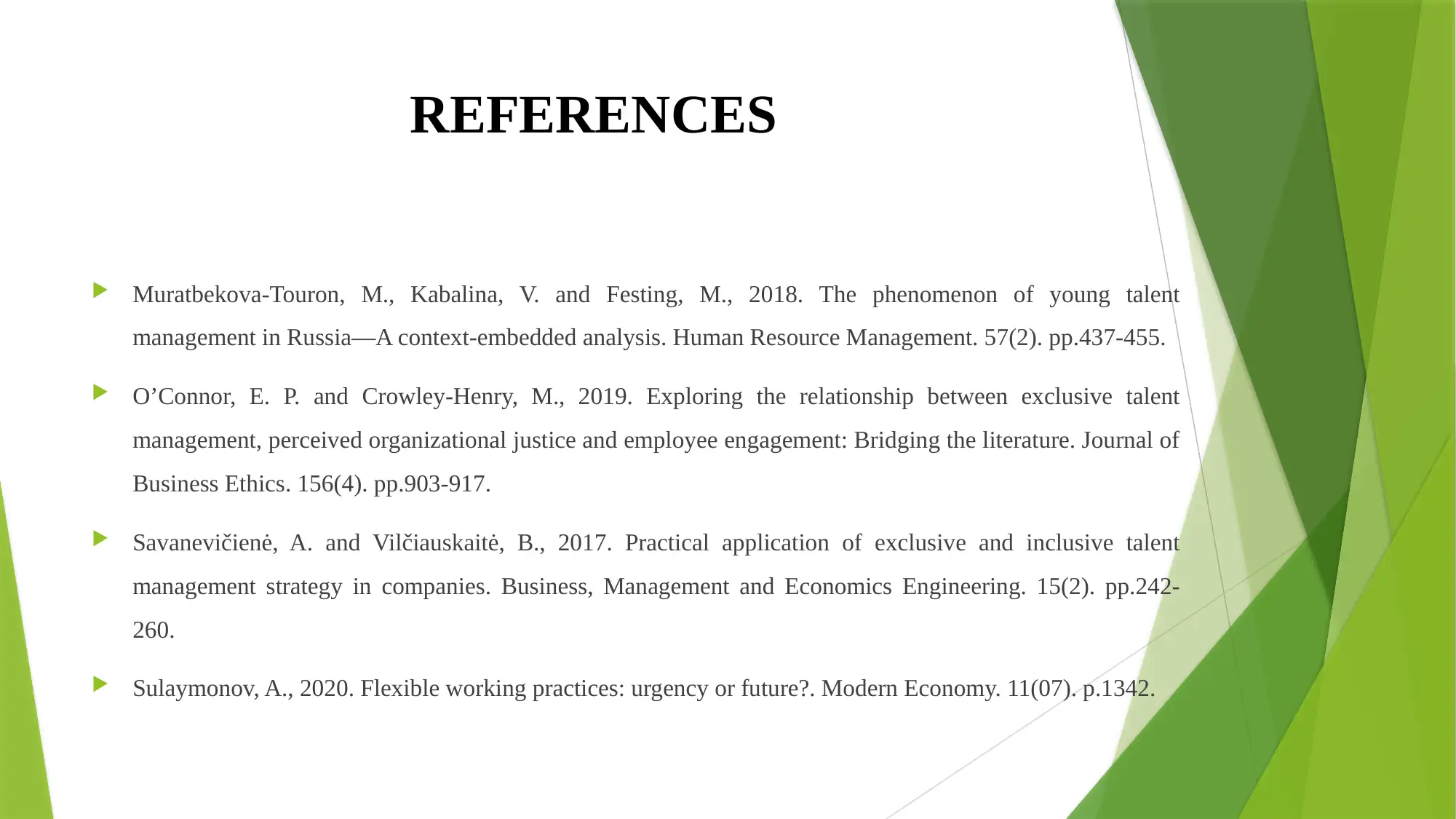





![[object Object]](/_next/static/media/star-bottom.7253800d.svg)